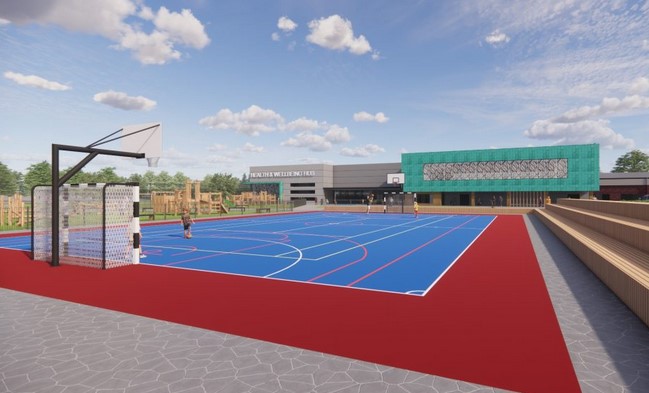More than £800,00 has been allocated to South Holland District Council to get ready for waste food collections.
Funding has been allocated to each of the councils in Lincolnshire responsible for collecting waste from residents.
Weekly collections of food waste will be introduced across the country following a ‘simpler recycling’ government announcement last year.
There is a working deadline of the end of March 2026, but there is no fixed timeline for district councils to introduce the measures.
A meeting of the county council-led Food Waste Partnership is due to be held today (28).
Figures included in the report show that South Holland has been allocated £806,891 as a waste collection authority. Partners East Lindsey is allocated £1.4m and Boston Borough £728,645.
“New burdens funding has been allocated to waste collection authorities for capital funding, including the purchase of new collection vehicles,” says the report.
While district councils are responsible for collecting the food waste, the disposal is down to the county council.
Updates from a focus group to the meeting don’t include anything from South Holland or its partners.
But it does say the county council is preparing a business case for capital funding to make infrastructure changes at transfer stations and a new waste transfer station in the greater Lincolnshire area.
The county authority is also working on a procurement process from the end of this month to secure a disposal outlet for food waste.
The intention is to have an ‘opportunity’ in the north and south of the county, the report says.
The five other district or city districts are preparing for the new collections and West Lindsey, for example, have identified a suitable vehicle and are aiming to procure in June.
“We don’t yet know exactly how the scheme will operate in South Holland,” said a county council spokesman.
“South Kesteven District Council ran a food waste collection trial for a number of households a few years ago, and that was run with two caddies, one inside and one outside, so it will likely be a similar situation when food waste collections are introduced county-wide,” the spokesman added.
The county is looking at potential anaerobic digestion to dispose of the food waste.
Much of the black bag waste ends up being incinerated to generate power for 30,000 homes.
The same meeting will also be told that the forecast rate for Lincolnshire recycling is 41.4 per cent – lower than two years ago. The total waste still sent to landfill is less than one per cent.





